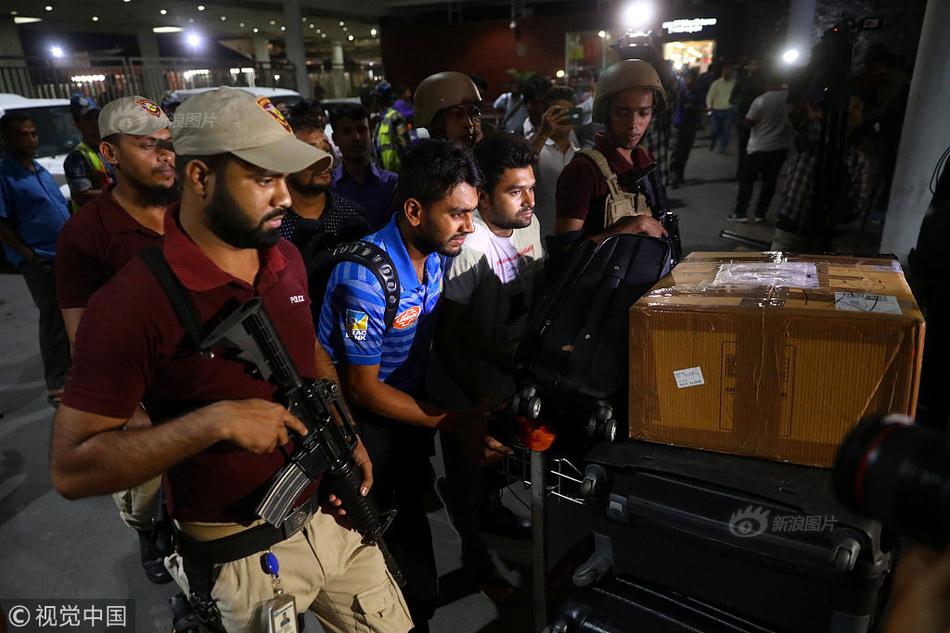Uber is France Archivesfinally opening up about the ongoing cab strikes in Indian cities and publicly addressing drivers' demands.
Ever since Uber left China, the ride-hailing company has grown more focused on India, its fastest growing overseas market. However, it is struggling to keep its drivers happy in the country, who have gone on multiple strikes in various major cities in the past two months.
SEE ALSO: Indian Railways finds a way to make money off Uber, Ola cabsUber is blaming some drivers for the strikes, claiming that a small pool of people are disrupting the work of others. Amit Jain, president of Uber India, assured its driver partners and riders on Friday that the company is working to resolve the issues.
"We have been communicating daily to drivers – through phone support, text and video messages and in person at our greenlight centres, where every day thousands of drivers walk in to resolve their concerns," Jain wrote in a blog post.
The vast majority of Uber (as well as drivers with rival Ola) went on strike in New Delhi for over two weeks last month. The drivers had formed unions and were refusing to go back to work until a list of demands were met. Chief among those demands included surge in base fare, drop in commission rate, and the "incentives" program to be reinstated.
SEE ALSO: Uber CEO Travis Kalanick tells driver 'bullsh*t' in response to query about price droppingIncentives have played an instrumental role for Uber in expanding its platform in India. In order to undercut the existing taxi companies in India, both Uber and Ola offered rides to passengers at as low as Rs 6 (9 cents) per kilometer.
The company made up the shortfall for drivers by offering them incentives on the basis of either the number of trips completed during peak and off-peak hours or the distance they travelled. However, the program was discontinued a couple of weeks ago, according to over a dozen drivers, inside sources Mashable Indiahave spoken to.
Jain has addressed these concerns. "With sustained high demand from both riders and drivers we can shift from startup mode to a more sustainable business model and begin reducing higher levels of incentives, and invest more in drivers and our products for the long term," he said.
"We believe that driver earnings in India are attractive for the majority even after reductions in incentives."
Uber is now offering a "boost" to the drivers, which varies depending on the demands riders are showing, several people said, requesting anonymity. The boost, some drivers explained, is the fare of the ride, and a small amount added to it.
These boosts are far less lucrative, everyone added, noting that the company is deducting as much as 25 percent (tax included) on each fare. This often results in drivers earning less than what even the passenger is paying.
As a result of this, drivers say their monthly earnings have dropped from as much as Rs 80,000 ($1,200) to between Rs 30,000 ($450) and Rs 40,000 ($600).
"Driver earnings have evolved over time and while some drivers do earn less than three years ago, we believe that driver earnings in India are attractive for the majority even after reductions in incentives and drivers’ costs are taken into account," Jain noted.
The remarks from Jain today reaffirm the company’s increasingly growing intentions to cut down on its losses, and look towards making more money. This, however, comes at a cost and drivers say they are the ones suffering.
Analysts had expected Uber to remain unwilling to lure drivers with any more enticing offerings. Uber, which operates in over three dozen cities in India, is far beyond the "land-grabbing" phase, Sanchit Vir Gogia, chief analyst at Greyhound Research told Mashable India.
The company is now looking to sharpen its business model, he added. According to the chief of a rival company, both Uber and Ola are losing as much as $50 million in India each month.
One thing that Jain didn't address today is whether the company plans to increase the base fare, which would directly benefit company and the drivers. As we mentioned earlier, in certain parts of the country, including New Delhi and Ahmedabad, the base fare of several Uber services is as low as Rs 6 (9 cents) per kilometre.
In comparison, Meru Cab, a rival company offers its cabs at as much as Rs 23 per kilometer during day hours and Rs 29 during night. Uber drivers had requested the company to increase the base fare by about five rupees. They argue that even at this price, rivals won't be able to catch up.
Industry sources say if Uber increases fare it risks losing a lot of customers. It appears Uber is not ready to take that risk just yet.
Featured Video For You
This parkour robot overlord has 'Terminator' written all over it





